
Simple Teardrop Pendant
- Category: Weaving
- Technique(s): Dapping, Wrapping, Weaving
- Skill Level: Intermediate
This woven wire pendant forms a frame around a beautiful bead. As you begin, you're weaving just 3 base wires. As they come together on top, you create a wonderful woven fabric of 7 base wires.
Materials

6 Gauge Round Dead Soft Copper Wire
H11-6D
- Lesson Quantity: 9.00 inches
- Purchase Quantity: 1.00 1FT
- Price: $5.17
- Gold Club Price: $3.88

18 Gauge Square Dead Soft Copper Wire
H11-18SQD
- Lesson Quantity: 7.00 inches
- Purchase Quantity: 1.00 1FT
- Price: $1.40
- Gold Club Price: $1.05

20 Gauge Round Dead Soft Copper Wire
H11-20D
- Lesson Quantity: 7.00 inches
- Purchase Quantity: 1.00 1FT
- Price: $0.49
- Gold Club Price: $0.37

28 Gauge Round Dead Soft Copper Wire
H11-28D
- Lesson Quantity: 11.00 feet
- Purchase Quantity: 1.00 25FT
- Price: $2.30
- Gold Club Price: $1.72

Green Brecciated Jasper 10mm Round Beads - 8 Inch Strand
A1-566
- Lesson Quantity: 1.00 pieces
- Purchase Quantity: 1.00 each
- Price: $7.17
- Gold Club Price: $5.38

Chain Copper
- Lesson Quantity: 1.00 pieces
- Purchase Quantity: 1.00 each
Tools

12 Inch Stainless Steel Ruler
G7-30
- G7-30
- Lesson Quantity: 1.00 pieces
- Purchase Quantity: 1.00 each
- Price: $2.97
- Gold Club Price: $2.23

Steel wool
- Lesson Quantity: 1.00 pieces
- Purchase Quantity: 1.00 each

Liver of Sulphur Gel, 2 Ounce Bottle
SOL-610.02
- SOL-610.02
- Lesson Quantity: 1.00 pieces
- Purchase Quantity: 1.00 each
- Price: $12.95
- Gold Club Price: $9.71

Scotch 0.94 Inch Painters Tape for Taping Wires Together
G13-5
- G13-5
- Lesson Quantity: 1.00 pieces
- Purchase Quantity: 1.00 each
- Price: $5.97
- Gold Club Price: $4.48

10 Piece Diamond Needle Files - 140mm X 3mm
G14-8
- G14-8
- Lesson Quantity: 1.00 pieces
- Purchase Quantity: 1.00 each
- Price: $13.57
- Gold Club Price: $10.18

8 Piece Brass And Steel Mini Mandrel Set
G7-28
- G7-28
- Lesson Quantity: 1.00 pieces
- Purchase Quantity: 1.00 each
- Price: $9.97
- Gold Club Price: $7.48

Stainless Steel Ring Mandrel Sizes 1-15
G7-2
- G7-2
- Lesson Quantity: 1.00 pieces
- Purchase Quantity: 1.00 each
- Price: $32.95
- Gold Club Price: $24.71

Chasing Hammer with Wooden Handle, 1 1/8 Inch Face
G3-27
- G3-27
- Lesson Quantity: 1.00 pieces
- Purchase Quantity: 1.00 each
- Price: $13.95
- Gold Club Price: $10.46

Bench Block Helper with Steel and Nylon Blocks
DAP-500.30
- DAP-500.30
- Lesson Quantity: 1.00 pieces
- Purchase Quantity: 1.00 each
- Price: $29.95
- Gold Club Price: $22.46

Marker -extra fine
- Lesson Quantity: 1.00 pieces
- Purchase Quantity: 1.00 each

C.H.P Milano Italian Flush Cutter, 5 1/2 Inches
PLR-487.00
- PLR-487.00
- Lesson Quantity: 1.00 pieces
- Purchase Quantity: 1.00 each
- Price: $16.97
- Gold Club Price: $12.73

Small Brass Brush
BRS-966.10
- BRS-966.10
- Lesson Quantity: 1.00 pieces
- Purchase Quantity: 1.00 each
- Price: $10.97
- Gold Club Price: $8.23
Instructions
Step 1
Cut one 6 inch lengths of 16g wire, mark the center with a permanent marker. Line the center mark with the size 2 mark on your ring mandrel and shape the two wires around the mandrel, keeping the mark in the center of the curve. Cross the two arms an inch from the bottom of the curve and 2. Photo (2)




Step 2
With your fingers curve the two arms up where they cross so that the arms are parallel and touching each other.Wrap the 30ga
Step 3
Mark the wires where they begin to touch; this should be about 1-1/4 inches from the bottom of the curve.


Step 4
With your chasing hammer flare out the curved sections of the wire. Photo (6)


Step 5
Cut a 7 inch lengths of both 18g and 20g wire. Mark the centers of both wires. Shape the two 18g wires around the size 6 mark on your ring mandrel forming a U shape keeping the center mark in the center of the U. Repeat with the two 20g wires, shaping around the size 9.
Step 6
Take the 16g wire and place the 18g wire below it followed by a 20g wire. Adjust any curves needed so that all three wires nestle within each other. Tape the left side arms together. With your fingers shape the 16g and 20 g wire to the 14g wire so that all the wires are parallel.
Step 7
The Weave: Cut 11 feet of 28g wire; wind the wire around a bobbin leaving out 3 feet. Starting in the center of your shaped base wires, and working 3 feet in on your 28g wire, thread your wire between the 16g and 18g wire so that the 3 feet is coming towards you. Going clockwise wrap the 28g wire around the 16g wire, bringing the wire to the back.


Step 8
Bring the 28g wire across the back of the 18g wire and thread between the 18g and 20g wires. Wrap the 28g wire around the 18g wire going clockwise so that you are once more in the back. Bring the 28g wire to the right of the 20g wire and wrap the 20g wire going clockwise.


Step 9
Bring the 28g wire around to the front and cross over the 20g and 18g wires. Thread the 28g wire between the 16g and 18g wires. Going clockwise wrap around the 18g wire so you end up in the front.
Step 10
Bring the 28g wire to the left of the 16g wire. Wrap around the 16g, going clockwise, bringing the 28g wire to the front. Bring the 28g around to the back, going clockwise.
Step 11
Thread between the 18g and 20g wires to wrap around the 18g wire. Continue this pattern of wrapping each individual base wire before going to the next base wires making sure you are wrapping tightly as you weave. Stop frequently to compress the weave down with your fingernails for a tighter compression.


Step 12
Continue to weave up the right side until you come to your mark where the arms converge. Remove the tape and flip the woven form over. Shape the 18g and 20g wire to the 16g wire. Using the remaining wire on your bobbin continue weaving the other half of the form. Stop weaving when you come to the mark where the arms converge.


Step 13
Cut a 3 inch length of 16g wire (or the largest wire your bead will fit through). File one end flat and paddle the filed end. Round the paddled end with your files.
Step 14
Slip your bead onto the paddled 16g wire. Place wire between the existing 16g wires and center the bead within your form. You now have 7 wires to weave together. Using the wire on the bobbin continue the weave by crossing over the 16g wires to wrap around the 16g wire in the center, then continue on to the next wire. Weave all 7 wires together by wrapping each wire individually before going to the next wire.


Step 15
Weave the 7 wires together for until you have a 1 inch section.
Step 16
Trim the base wires 1/4 of an inch above the weave.
Step 17
Coil the 28g wire around an 18g wire four times and trim your tails flush.


Step 18
Place a small dowel (I used a 4mm dowel) centered in the back of the 1 inch woven section. Fold the top of the woven section over the dowel and to the back of the weave. This is your bail. Compress the trimmed ends to the weave for a tighter fit. Slip your cord through and enjoy.


Step 19
Adjust your curves to accommodate different sized beads. For a more delicate look drop your base wire gauge sizes, for larger beads you can go up in size on your base wires.
You can also torch the end of the wire that holds the bead instead of paddling the end. For fun try adding length to a few of your base wires and bring them to the front after folding over for some added decorations and swirls.
If you would like Oxidize your finished pendant with some liver of sulfur and polish with OOOO grit steel wool and a soft brass bristle brush.
Congratulations! You've made your first Ring Pendant!
You can also torch the end of the wire that holds the bead instead of paddling the end. For fun try adding length to a few of your base wires and bring them to the front after folding over for some added decorations and swirls.
If you would like Oxidize your finished pendant with some liver of sulfur and polish with OOOO grit steel wool and a soft brass bristle brush.
Congratulations! You've made your first Ring Pendant!









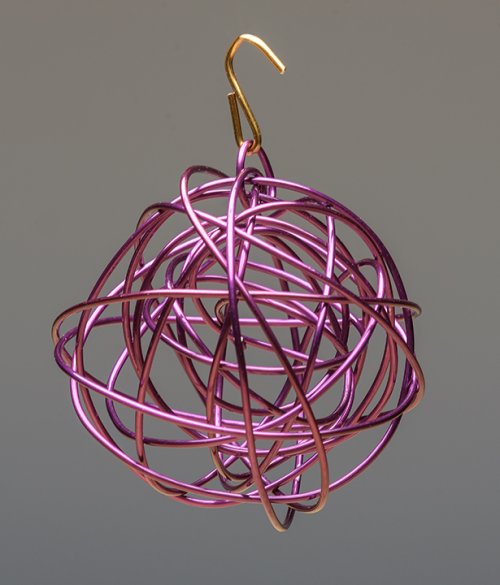
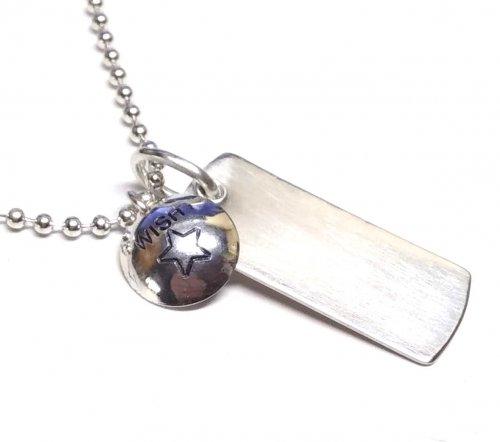
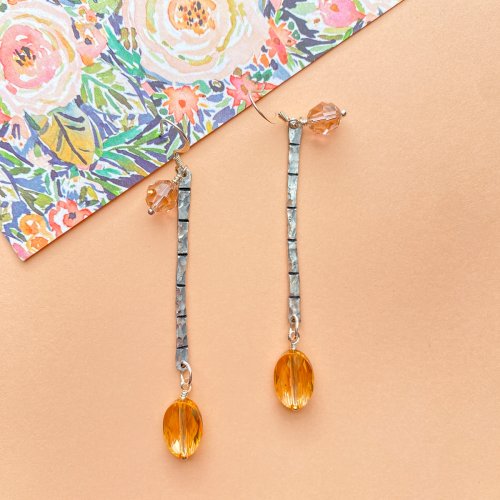



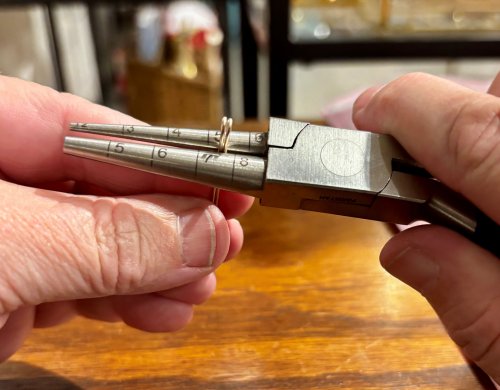

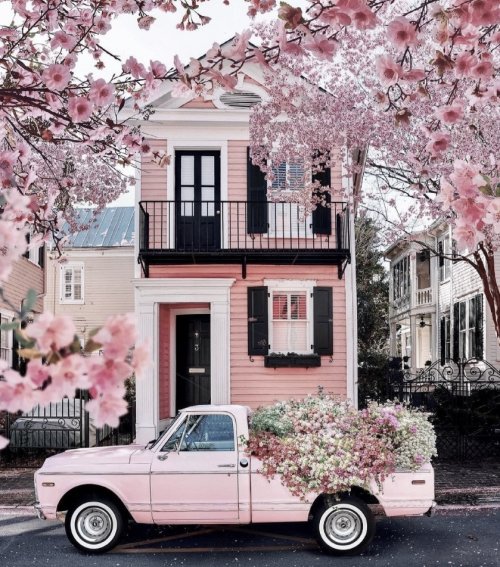
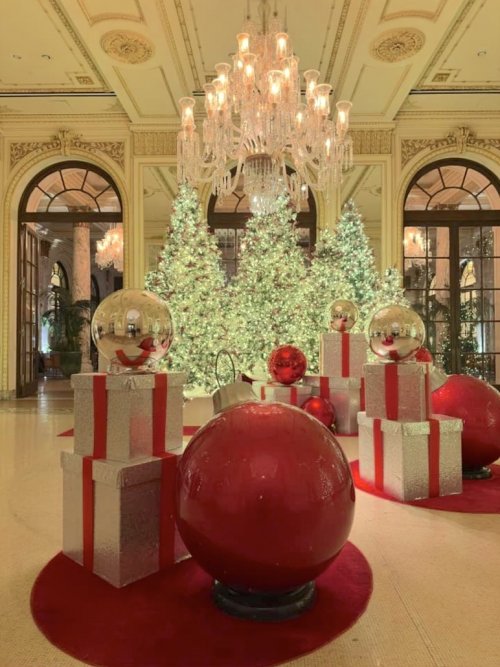
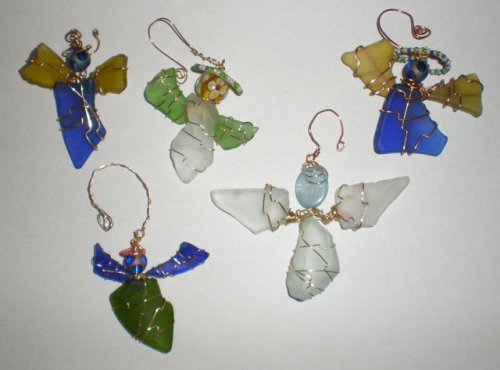
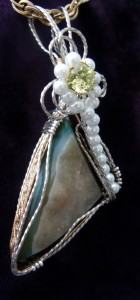
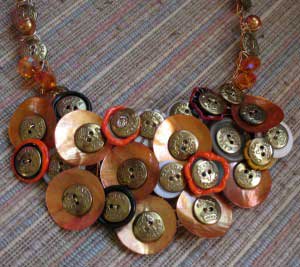
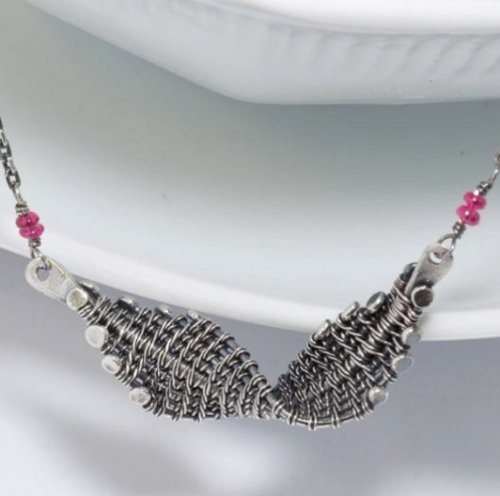 Twist and Shout Pendant
Twist and Shout Pendant
